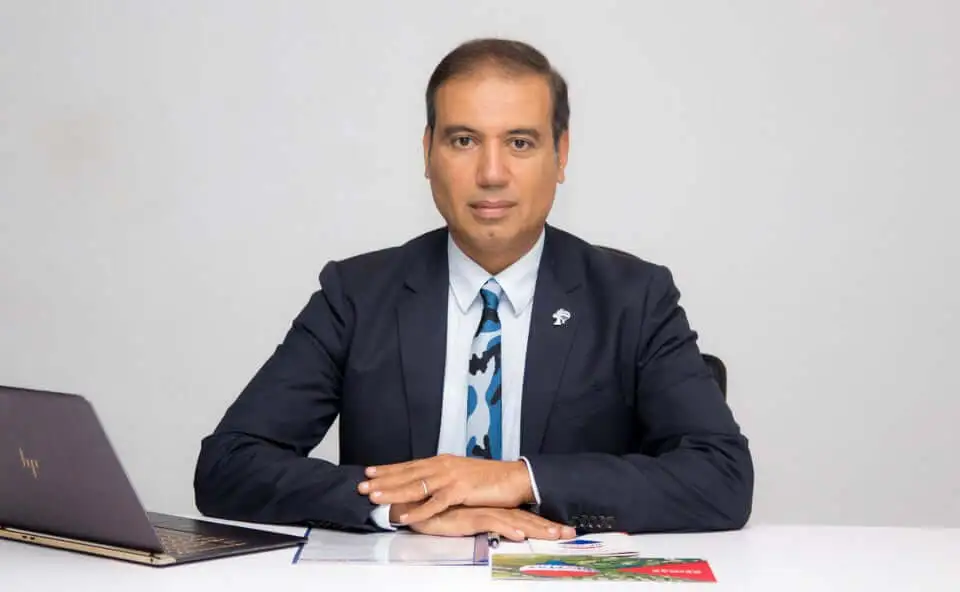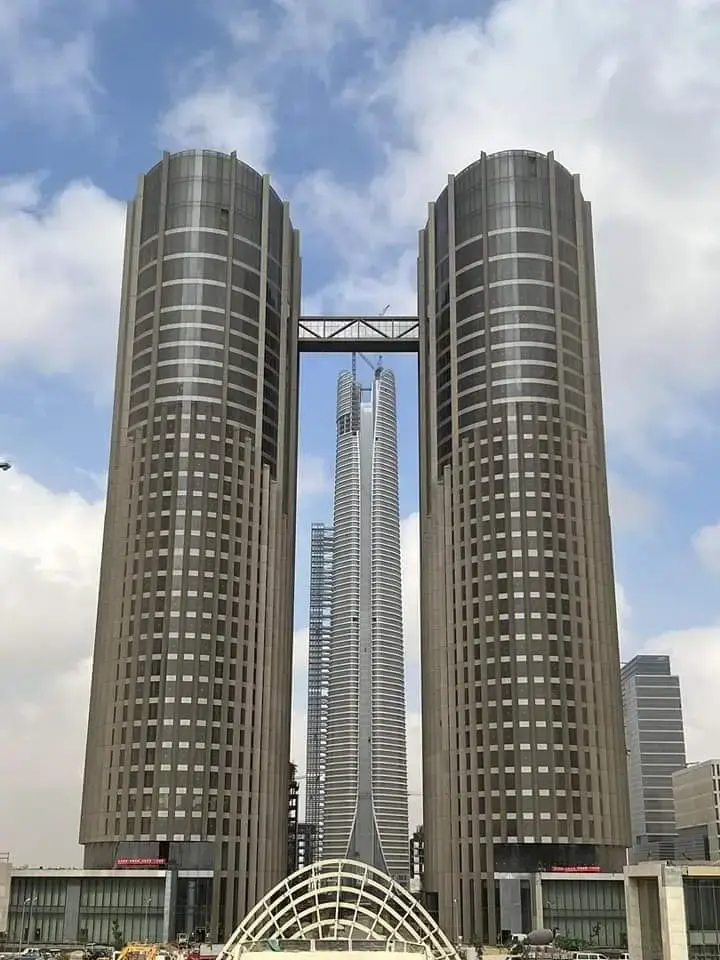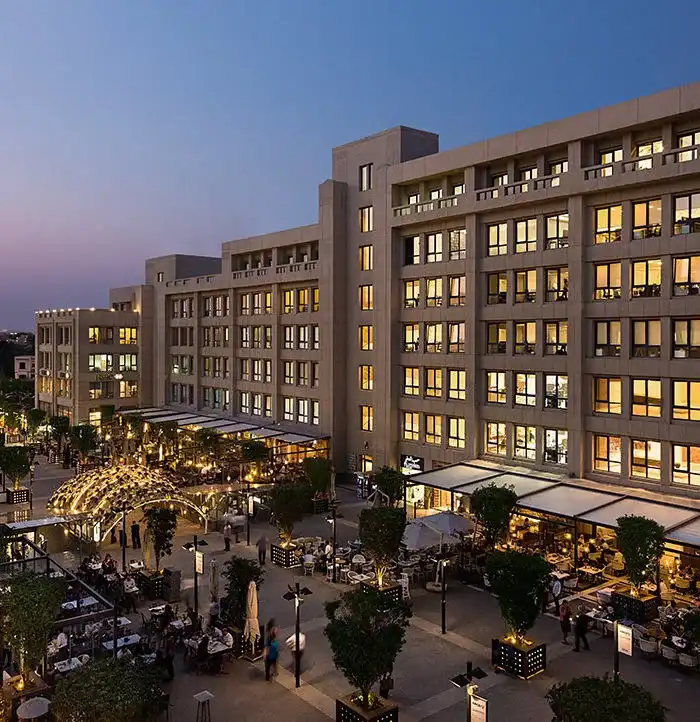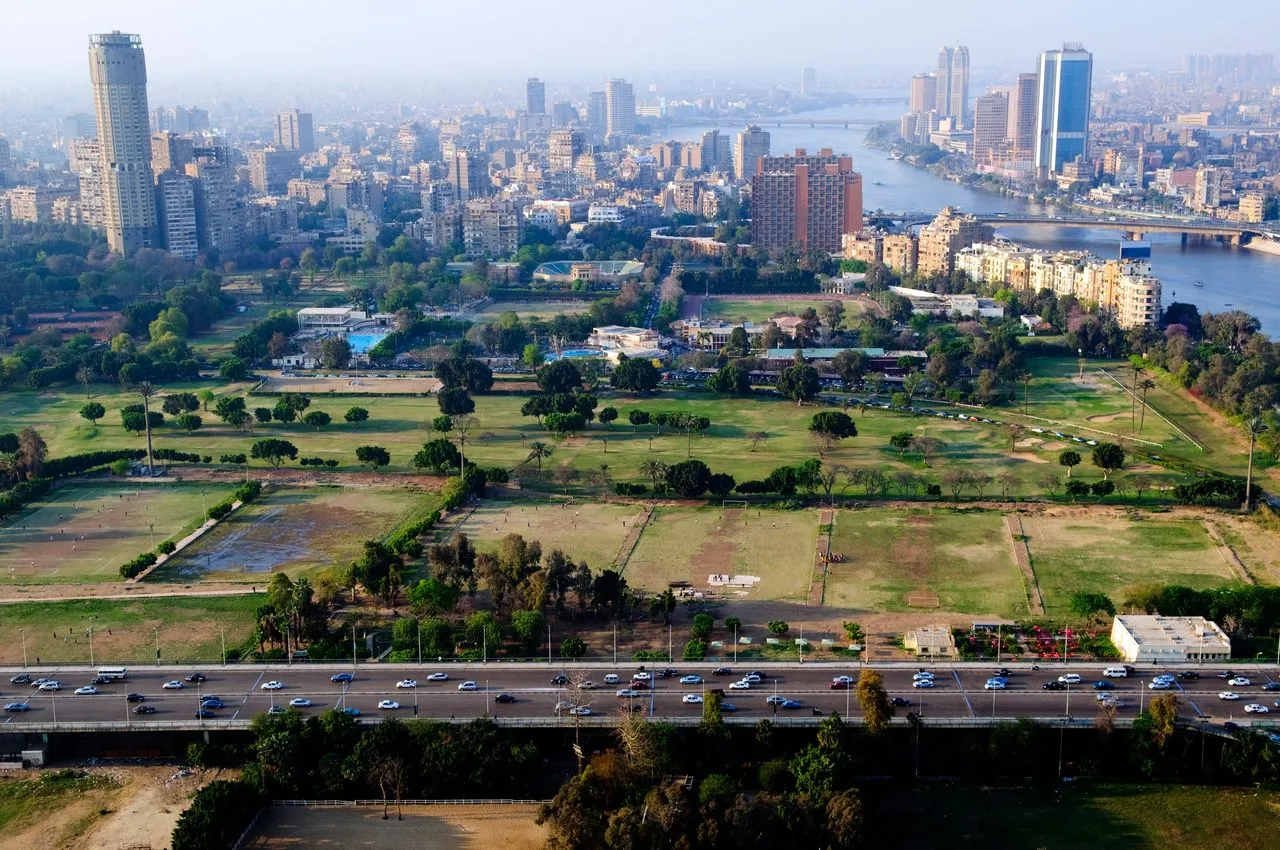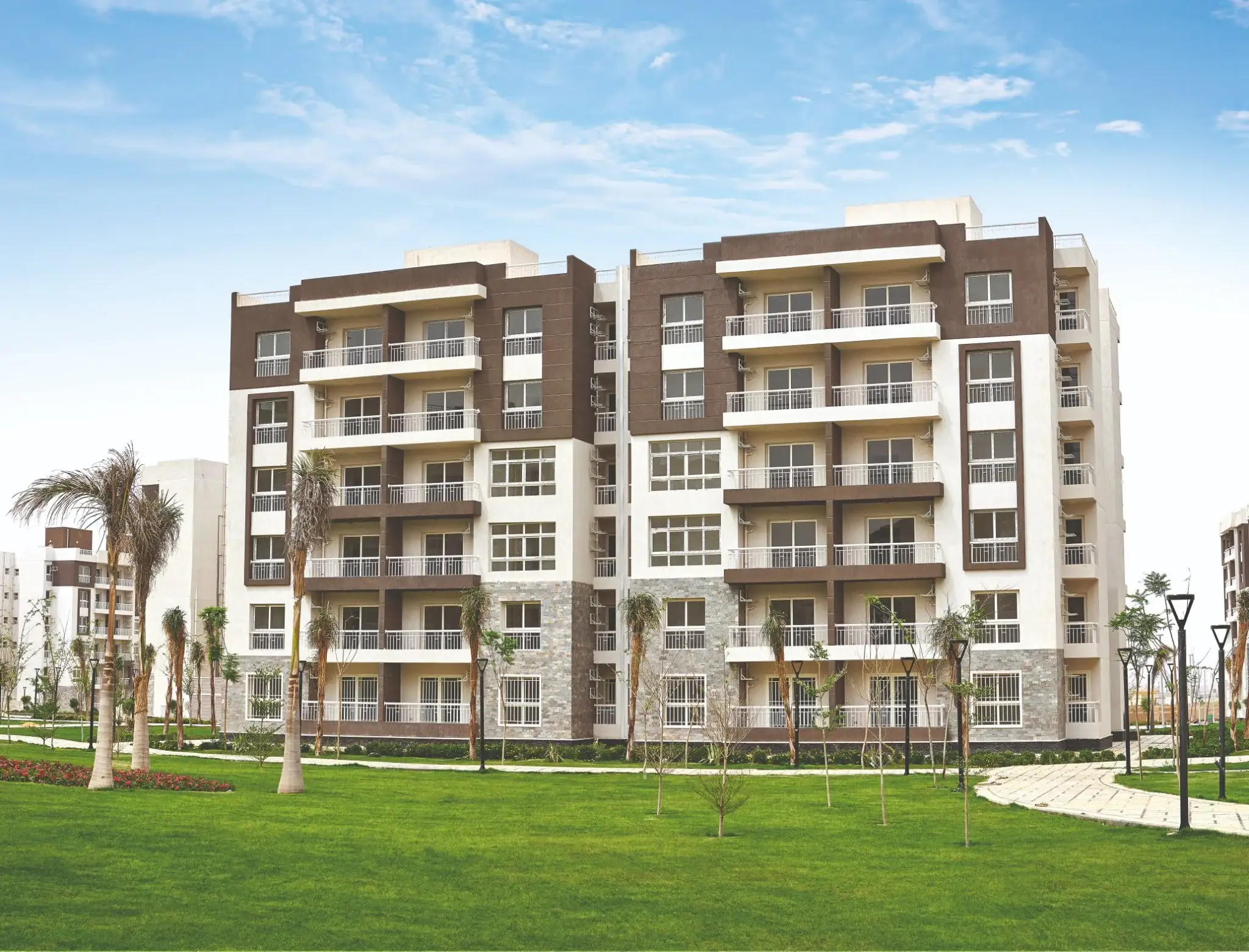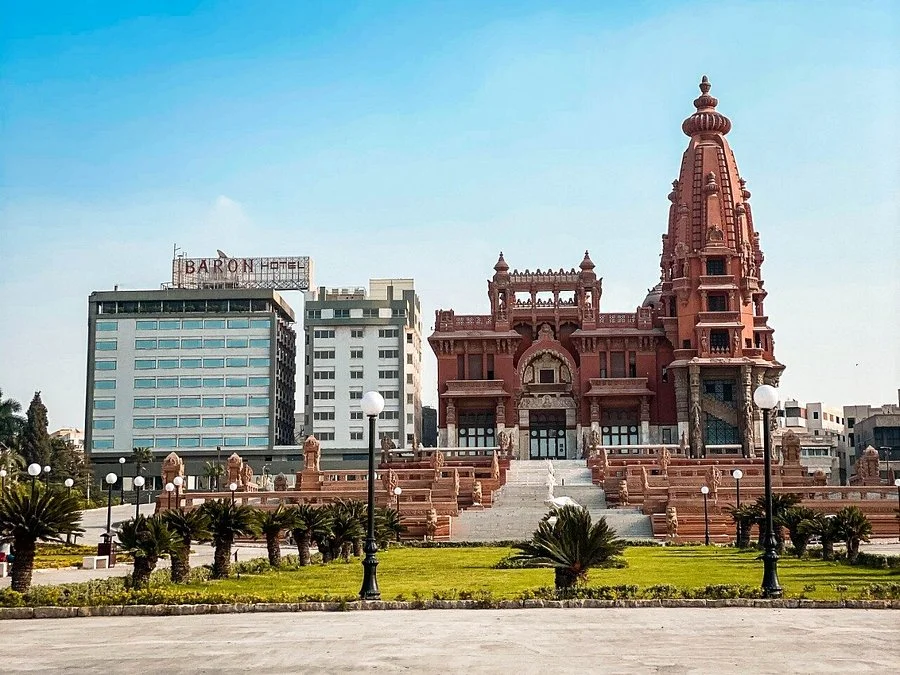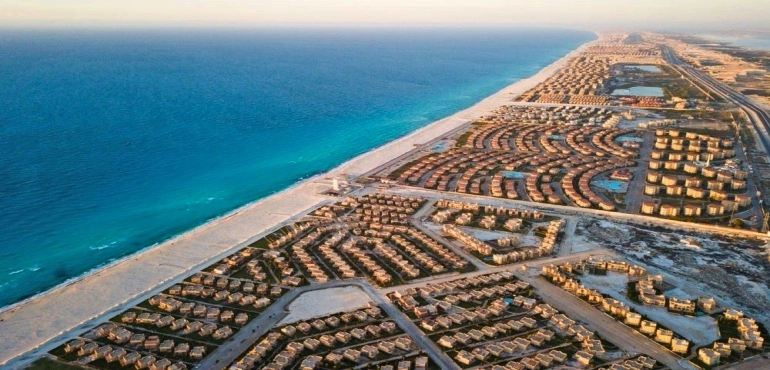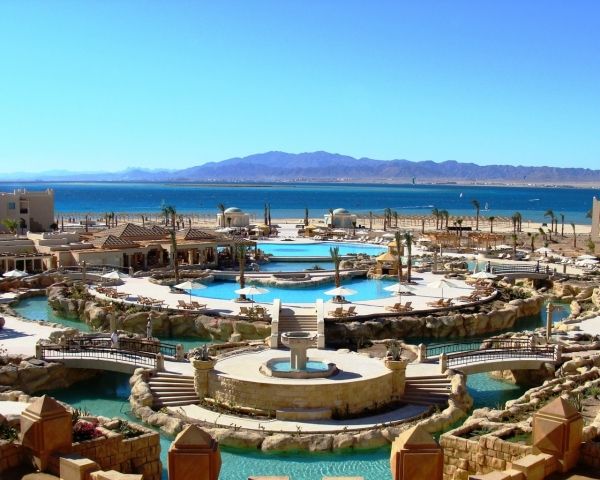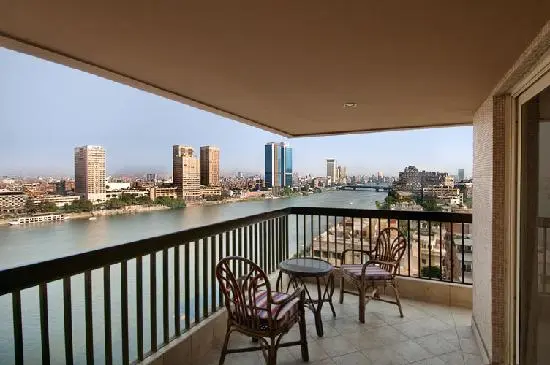Real estate financing in Egypt
Results
Hot Spots
Mar 05
Seen: 556
Listing ID : 5875
Mar 05
Seen: 3945
Listing ID : 3720
2019
70
Mar 05
Seen: 4619
Listing ID : 3238
Mar 05
Seen: 5905
Listing ID : 2679
Mar 05
Seen: 7078
Listing ID : 2147
Hospital
Mar 05
Seen: 5885
Listing ID : 1554
Mar 05
Seen: 5854
Listing ID : 1508
Mar 05
Seen: 6134
Listing ID : 1169
Mar 05
Seen: 6079
Listing ID : 1101
Mar 05
Seen: 6128
Listing ID : 1096
Mar 05
Seen: 6176
Listing ID : 1095
Mar 05
Seen: 6235
Listing ID : 1094
Popular Searches
Real estate financing in Egypt
In recent years, Egypt has witnessed an unprecedented rise in population, particularly in urban areas like Cairo. This demographic surge has led to significant challenges, including overcrowding and a housing crisis affecting various socio-economic groups. In response, the Egyptian government has implemented mortgage solutions to provide stable housing options. This article delves into the evolution of mortgages in Egypt, their conditions, benefits, target demographics, systems, and the latest initiatives aimed at improving access to housing.
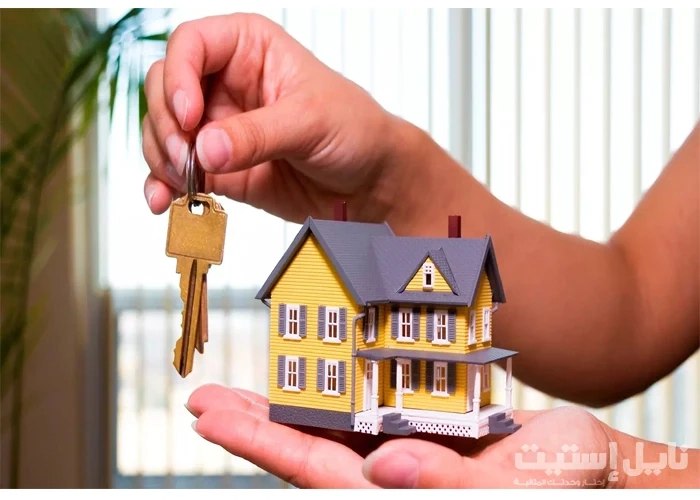
The Need for Mortgage Solutions
- Population Growth and Urban Overcrowding
Egypt's population has been steadily increasing, with projections suggesting it will reach over 150 million by 2050. Urban centers, especially Cairo, are feeling the strain, resulting in overcrowded living conditions and a shortage of affordable housing. This situation has prompted the government and financial institutions to seek effective solutions, such as offering mortgage loans to citizens.
- The Role of Mortgages
Mortgages in Egypt have emerged as a vital tool for addressing housing needs. By providing access to loans that allow individuals to purchase homes, the government aims to alleviate overcrowding and promote sustainable urban development. The introduction of long-term repayment options—extending up to 15 years or more—has made home ownership more attainable for many citizens.
What is a Mortgage?
A mortgage is a financial agreement in which a borrower receives funds from a lender to purchase real estate. In Egypt, the property serves as collateral for the loan, meaning that if the borrower defaults, the lender can reclaim the property. Monthly repayments typically consist of both principal and interest, with terms often extending over a decade or more.
Conditions for Mortgages
To qualify for a mortgage in Egypt, several conditions must be met:
- Proof of Income : Borrowers must demonstrate stable income, usually through salary slips or bank statements.
- Down Payment : A down payment ranging from 10% to 30% of the property's total value is typically required.
- Credit History : Lenders evaluate the borrower’s credit history to assess risk.
- Age Limit : Most lenders require borrowers to be within a certain age range, typically between 21 and 60 years.
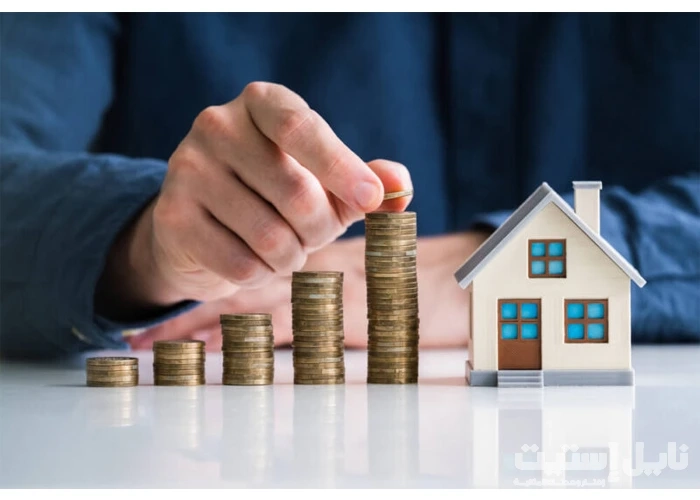
Benefits of Mortgages in Egypt
- Economic Stability and Growth
Mortgages have the potential to significantly contribute to Egypt's economic stability. By facilitating home ownership, they can enhance the overall quality of life, reduce poverty levels, and foster community development. Additionally, the construction and real estate sectors can benefit from increased demand for housing.
- Accessibility for Various Income Levels
One of the most significant advantages of the mortgage system in Egypt is its accessibility. With options tailored to different income brackets, the program supports both low and middle-income families. Mortgage repayments can be structured to align with the financial capabilities of borrowers, making home ownership feasible for many.
- Addressing Urban Challenges
Mortgages help in the establishment of organized housing communities, which can combat the issues associated with informal settlements and overcrowding in cities. By promoting well-planned residential areas, the government aims to create sustainable living environments that cater to the needs of the population.
Target Demographics for Mortgages
- Middle Class and Low-Income Families
The Egyptian government has made significant efforts to provide mortgage solutions for the middle class and low-income families. By offering subsidized loans and reduced interest rates, these programs aim to make housing more affordable for a broader segment of the population.
- Young Adults
Young adults, particularly those entering the workforce or preparing for marriage, are a significant demographic for mortgage programs. Many banks have developed specialized loan products that cater to this group, providing them with opportunities to secure housing early in their careers.
- Expatriates
Egyptian expatriates also benefit from mortgage programs designed for their specific needs. These loans allow them to invest in residential, commercial, or mixed-use properties while taking advantage of favorable lending conditions.
- Public and Private Sector Employees
Employees in both the public and private sectors can access mortgage products that align with their income levels. Many banks offer tailored solutions for civil servants, military personnel, and other professionals, ensuring that mortgage terms are suitable for their financial status.
Mortgage Systems in Egypt
-
Traditional Mortgages
The traditional mortgage system is the most widely used in Egypt. It involves a down payment of 10% to 30% of the property value, with the remaining amount financed over a period of up to 30 years. This system typically offers fixed or variable interest rates, providing borrowers with flexibility.
-
Islamic Mortgages
Islamic mortgages, while less common, comply with Sharia law by avoiding interest payments. Instead, they utilize alternative financing structures such as Murabaha (profit-sharing) and Ijara (leasing), allowing Muslims to obtain housing without violating religious principles.
-
Subsidized Mortgages
The government also provides subsidized mortgage options, primarily for low-income families and youth. These programs feature lower down payments and interest rates, making home ownership more attainable for those who may struggle with conventional loans.
The New Mortgage Initiative
In response to the ongoing housing crisis, the Central Bank of Egypt, in collaboration with the government, has launched a new mortgage initiative aimed at facilitating home ownership for citizens. This program offers loans with an interest rate of just 3%, significantly lower than prevailing market rates.
Features of the New Initiative
- Long Repayment Terms : Borrowers can enjoy extended repayment periods of up to 30 years, reducing the monthly financial burden.
- Target Income Range : The initiative is aimed at individuals with a monthly income between 4,000 and 14,000 Egyptian pounds, ensuring it reaches those most in need.
- Affordable Housing Options : Properties available through the initiative are priced between 350,000 and 2.5 million Egyptian pounds, offering a range of options for different budgets.
Impact on Society
With 60% of Egypt's population categorized as low to middle income, this initiative is expected to garner widespread acceptance. By providing an affordable path to home ownership, it aims to transform the lives of many Egyptians who are currently renting or living in inadequate housing conditions.



